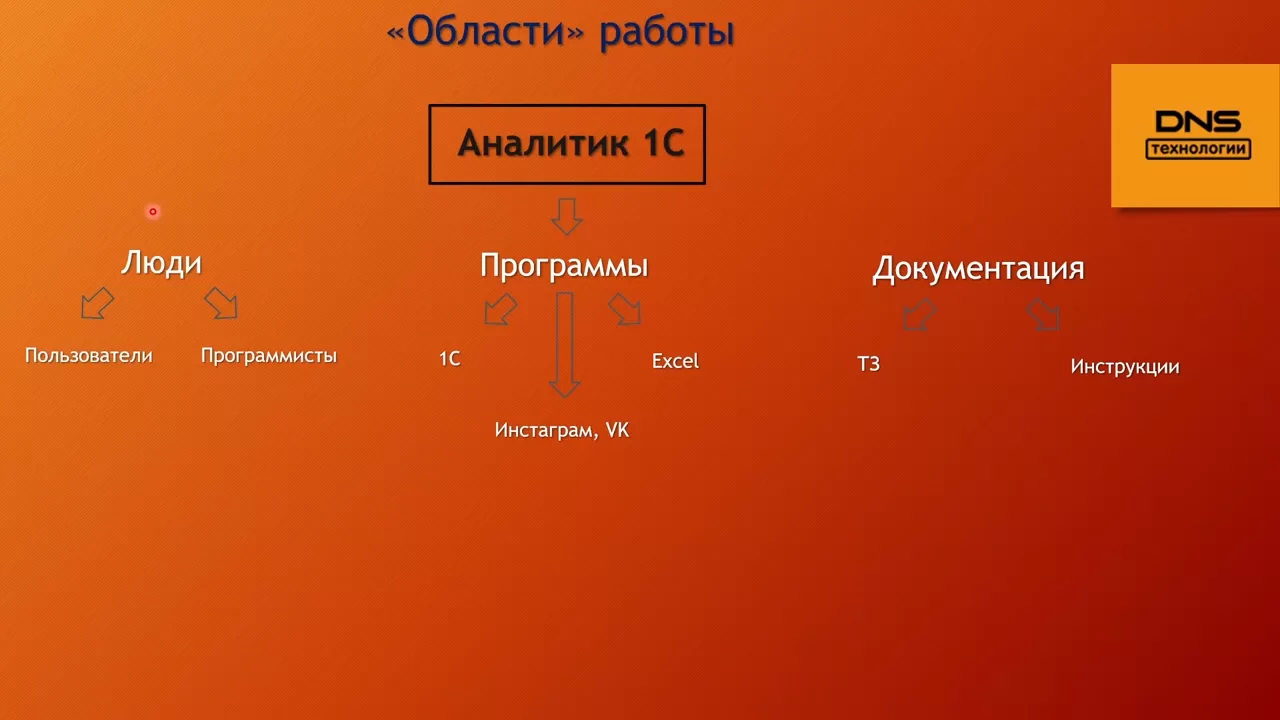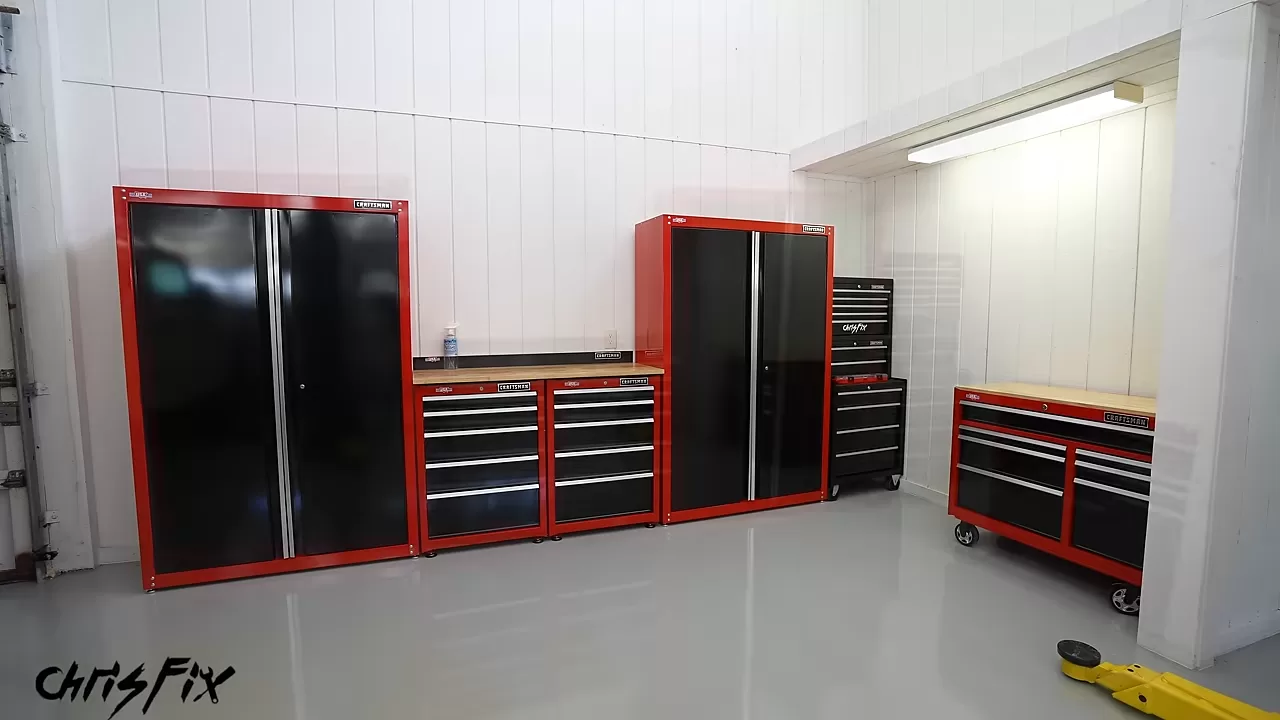In today’s business environment, efficient digital systems are no longer a luxury—they’re a necessity. From automating accounting to managing logistics and HR, modern enterprises rely heavily on business software. But behind every powerful system is a professional who ensures it works smoothly: an analyst.
One of the most promising and accessible paths in this field is becoming a 1C Analyst—especially if you’re interested in business processes, data, and digital tools but don’t want to become a programmer.
So what does a 1C Analyst actually do? And how can someone with no IT background break into this profession?
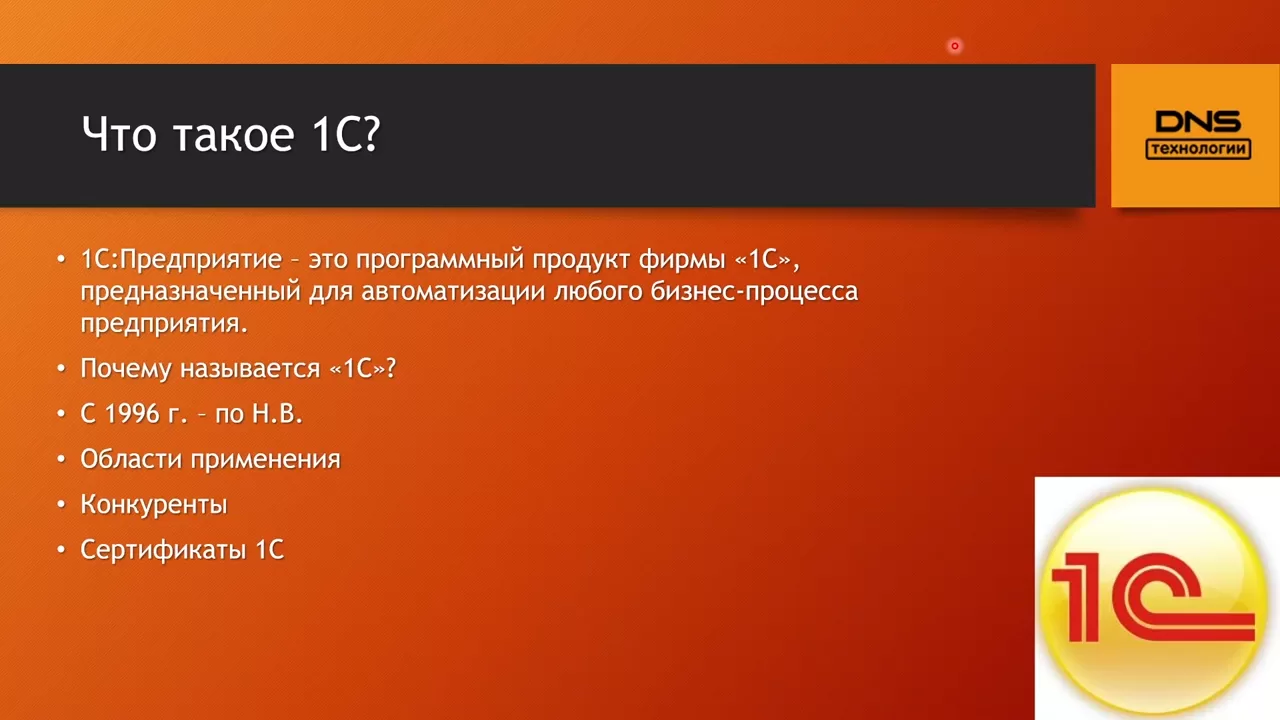
Let’s explore it step by step.
What Is a 1C Analyst?
A 1C Analyst is a specialist who configures, analyzes, and supports business processes using the 1C:Enterprise platform. 1C is widely used in Eastern Europe and the CIS for accounting, trade, warehouse, payroll, and more. Analysts help companies get the most from their systems by setting up functionality, consulting users, and documenting business needs.
They serve as a bridge between end-users (like accountants or managers) and developers—helping translate real-world problems into digital solutions.
How to Start Learning
Many newcomers are surprised to learn that you don’t need deep coding knowledge to become an analyst. What you do need is logical thinking, attention to detail, and an understanding of how businesses operate.
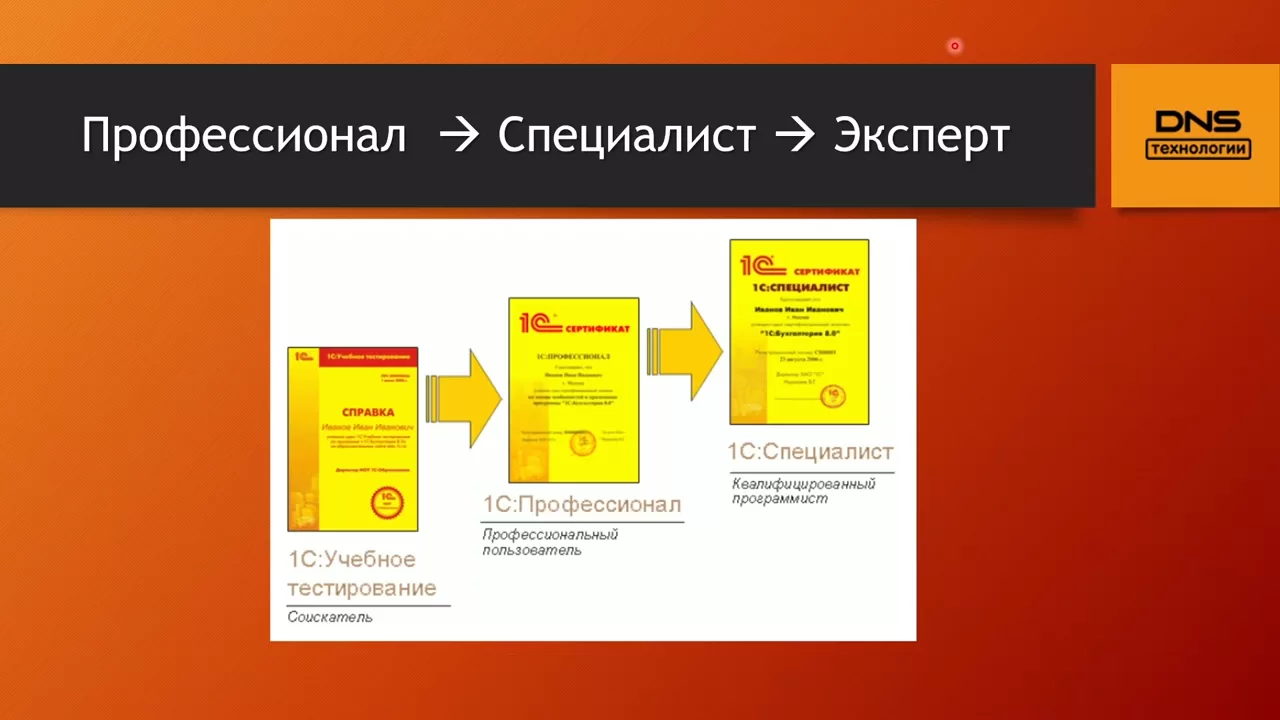
The best way to start is by taking a structured course designed specifically for beginners—like the free course “1C Analyst”. It covers the basic tools and tasks you’ll encounter on the job, from navigating the 1C interface to setting up configurations and preparing business specifications.
This is a great low-risk way to test the waters and see if the profession fits you.
Who Is This Career For?
You might be surprised how many different backgrounds lead to this profession. It’s ideal for:
- Economists, accountants, or financiers looking to switch to IT;
- Business process specialists;
- Junior IT professionals interested in analysis;
- Students or career changers who want to enter tech without learning to code.
If you enjoy structure, processes, and helping people work more efficiently, this might be a great match.
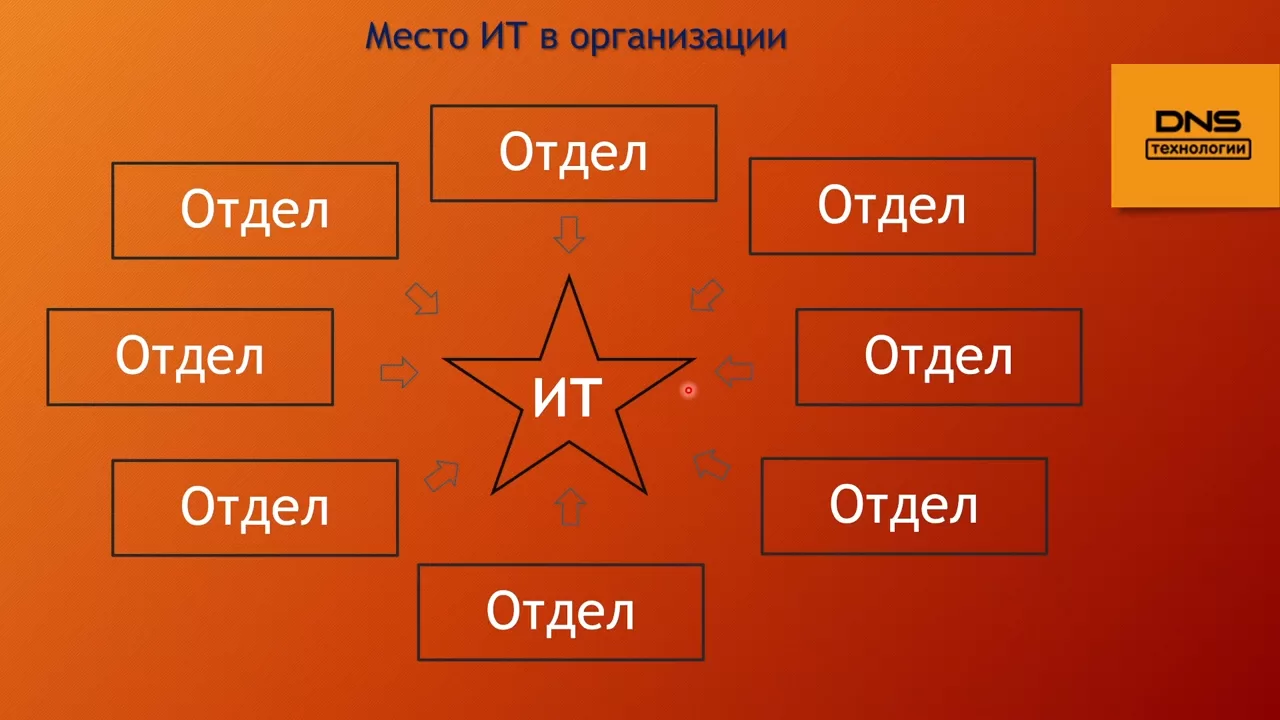
Core Skills You’ll Need
To succeed as a 1C Analyst, you’ll need to develop several key competencies:
1. Business Process Understanding
Analysts must understand workflows: how documents flow in a company, how inventory is tracked, how payroll is calculated. You don’t need to be an expert at first—but you do need to be curious and willing to learn.
2. Technical Literacy
You should know how to use the 1C interface, set up roles, create forms, and understand database structures. Many tasks involve configuring existing tools rather than creating them from scratch.
3. Communication Skills
Much of your work will be about asking the right questions, documenting requirements, and explaining solutions clearly.
4. Analytical Thinking
You’ll be solving real business problems. For example: Why does a report show the wrong data? Why is a document not posting? How can a workflow be made simpler?
Typical Tasks of a 1C Analyst
Here are just some of the things a junior 1C Analyst might do:
- Analyze current business processes and document them;
- Configure settings and access rights within the system;
- Write technical tasks (specifications) for developers;
- Test new features and updates;
- Train users and provide support;
- Work with reporting and data validation.
As you grow, your tasks will become more strategic and complex.
Career Path and Opportunities
Starting as a junior analyst, you can grow into:
- Senior Analyst;
- Project Manager;
- System Architect;
- IT Consultant;
- Product Owner.
The demand for 1C specialists remains high in many regions, and companies are eager to hire analysts who combine business understanding with system knowledge.
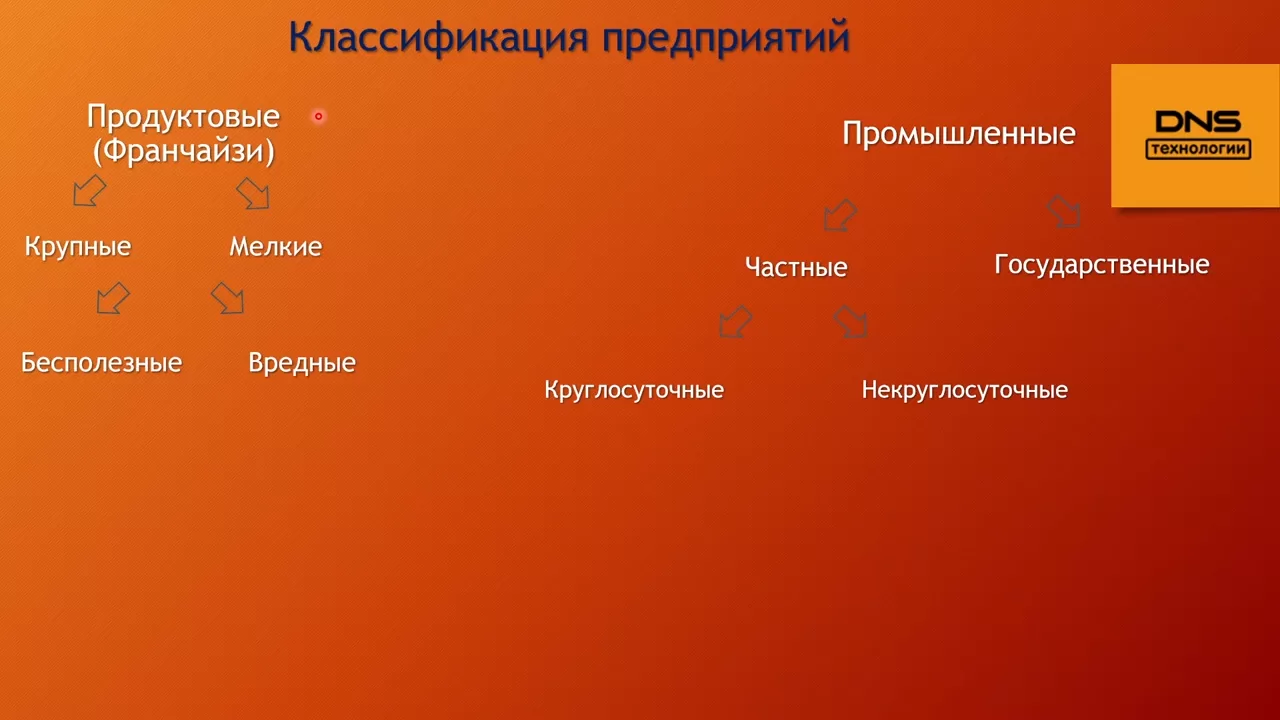
How to Practice Without a Job
To build experience, you can:
- Use demo versions of 1C software (available from training centers or educational sites);
- Practice writing specifications based on fictional or real businesses;
- Join online communities and forums;
- Try configuring simple tasks in test environments;
- Watch case studies and implementation walkthroughs.
The free course “1C Analyst” mentioned earlier also provides tasks and examples that simulate real work scenarios.
Final Thoughts
Becoming a 1C Analyst is a solid career path for those who want to work at the intersection of business and technology. You don’t need years of experience or a computer science degree—just dedication, curiosity, and the right resources.
